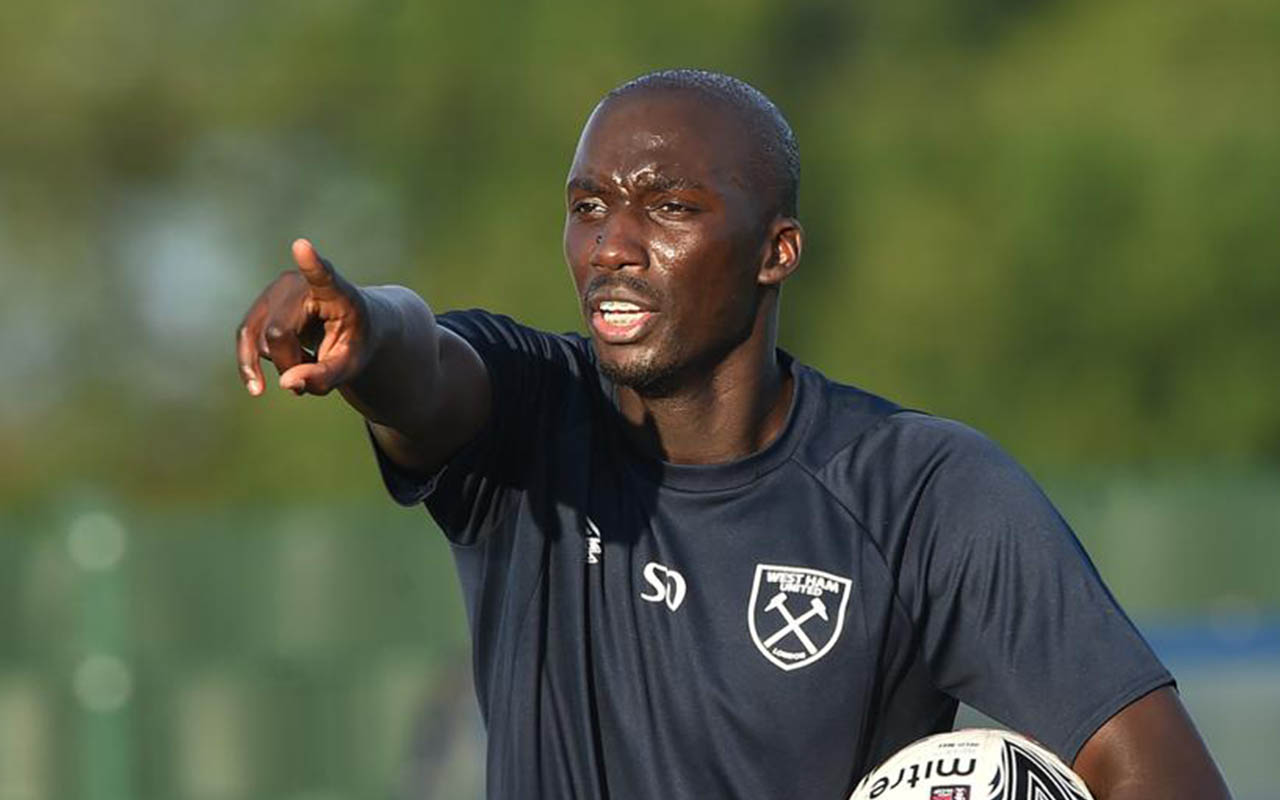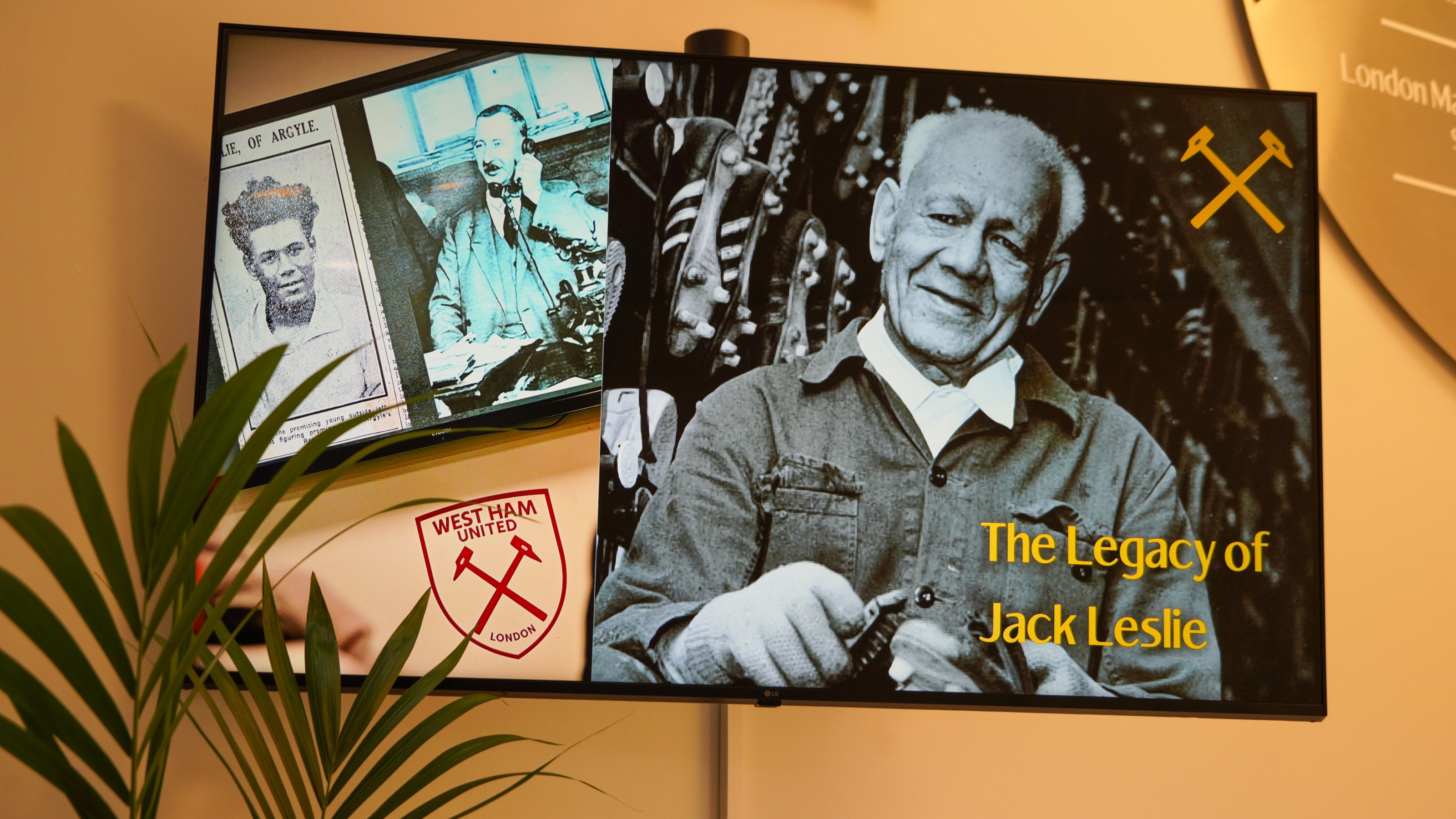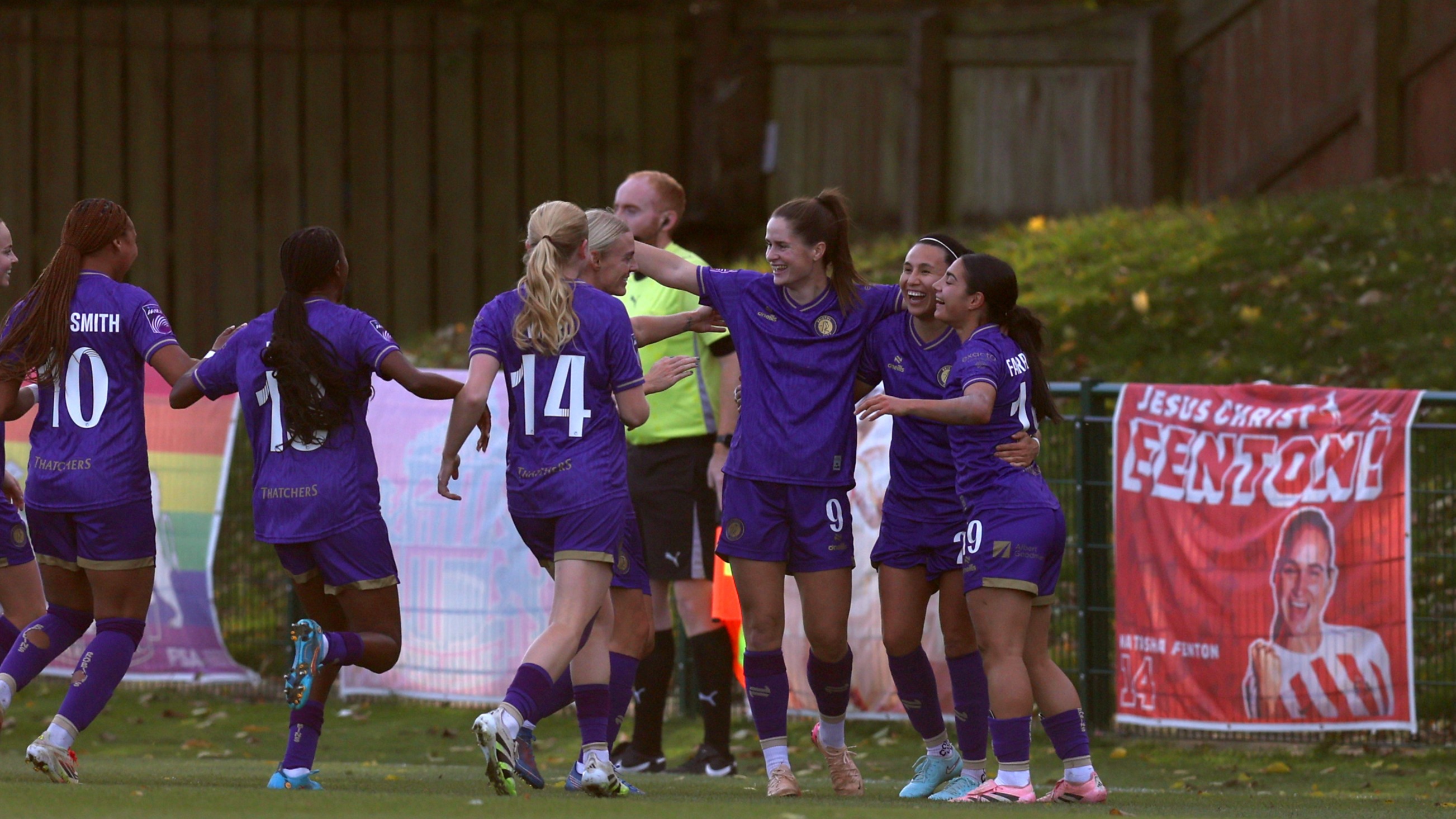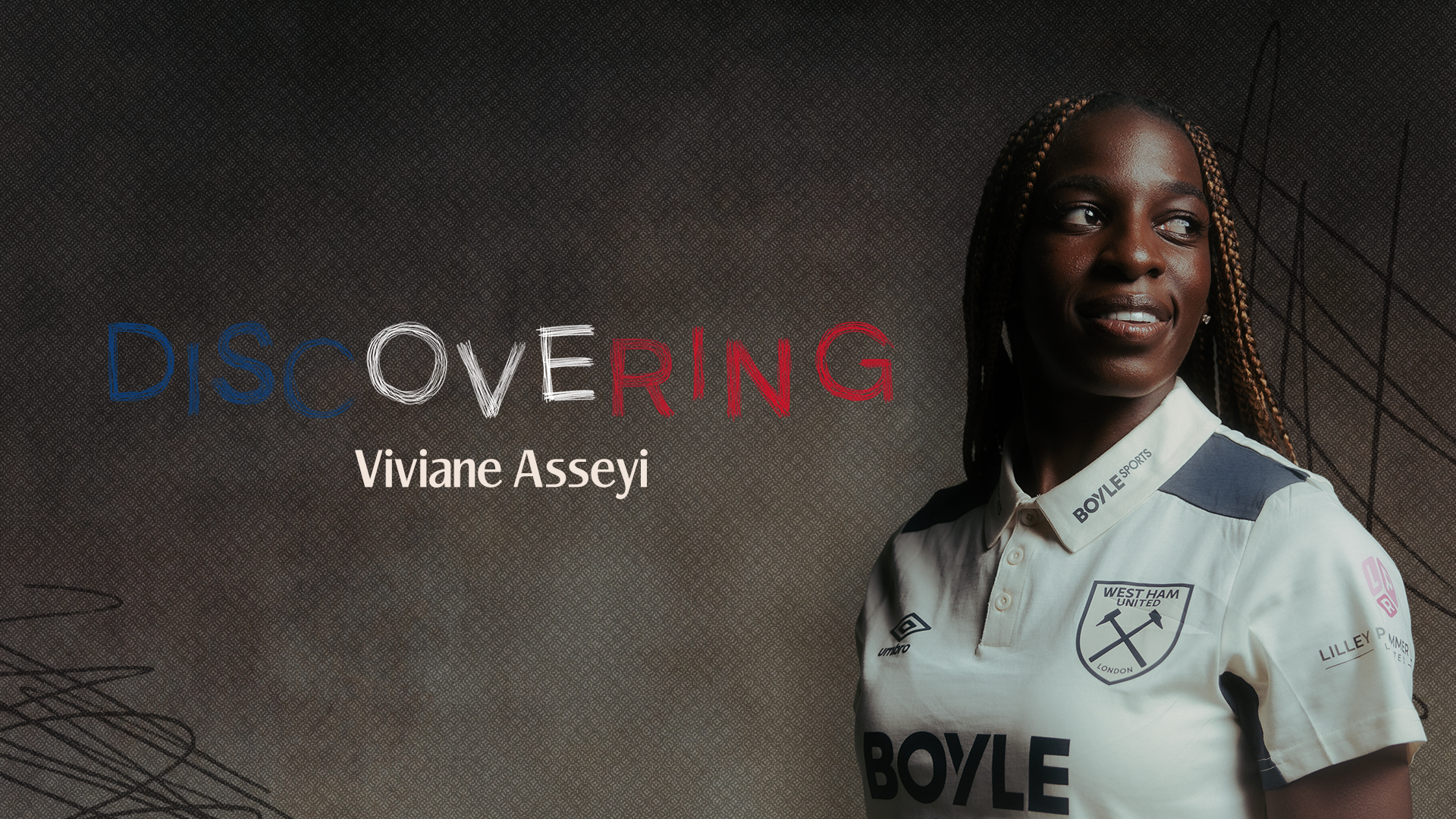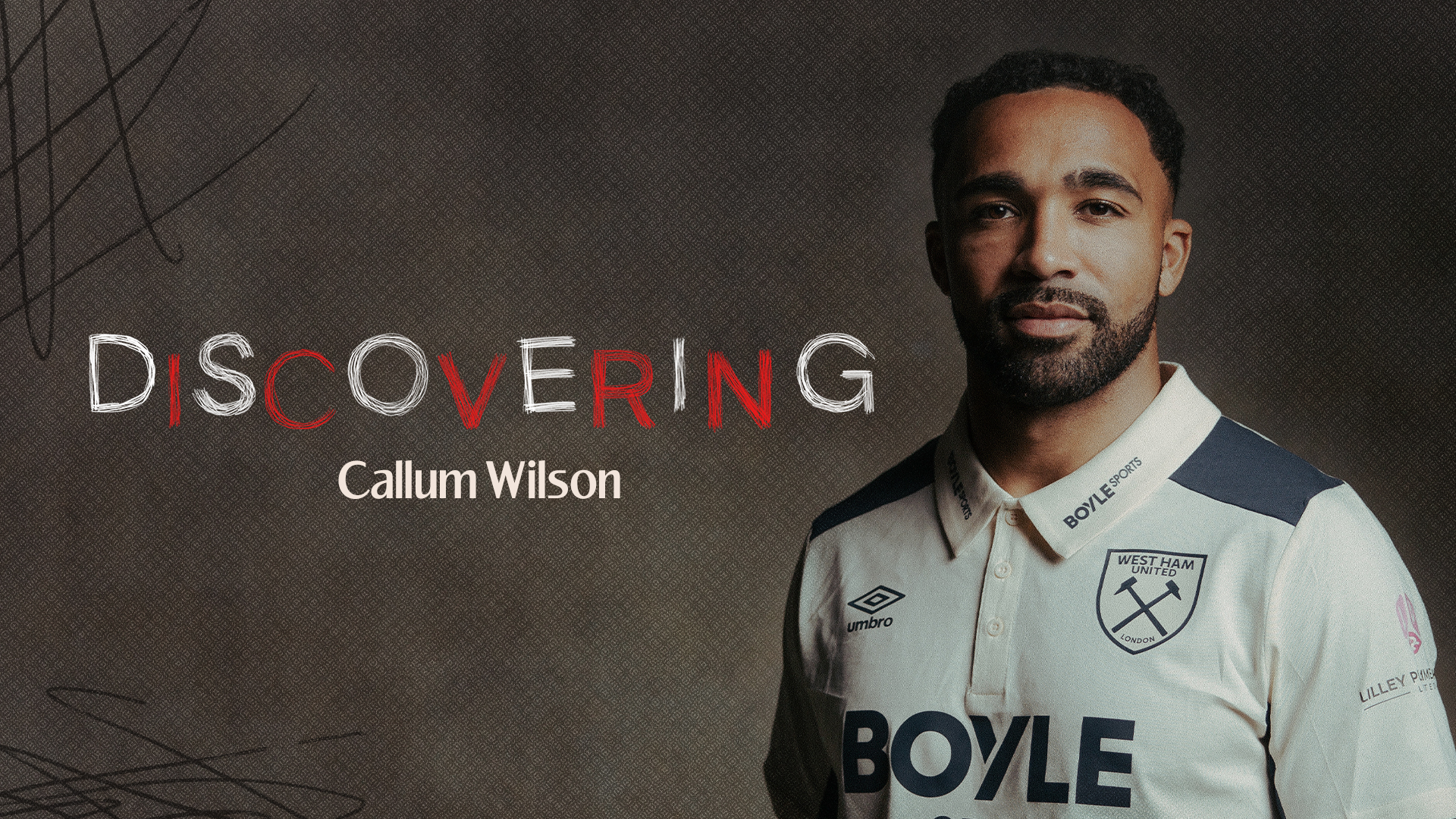To mark Black History Month, we spoke with Women’s Academy Manager, Stephen Opoka about his journey into football and paving the way for other black coaches...
Stephen Opoka’s journey will resonate with many. The 34-year-old looked to have a promising football career ahead of him, playing in the youth ranks at Colchester United and even received a call-up from the Uganda national team.
A serious knee injury took Opoka’s journey down a different path and he now coaches the next generation of players at West Ham United Women’s WSL Academy.
Opoka now has, what he calls, the honour of coaching young athletes from Newham - the London Borough that he called home - and the surrounding area. Here, to mark Black History Month, he takes us back to the very beginning and how his love for the beautiful game began.
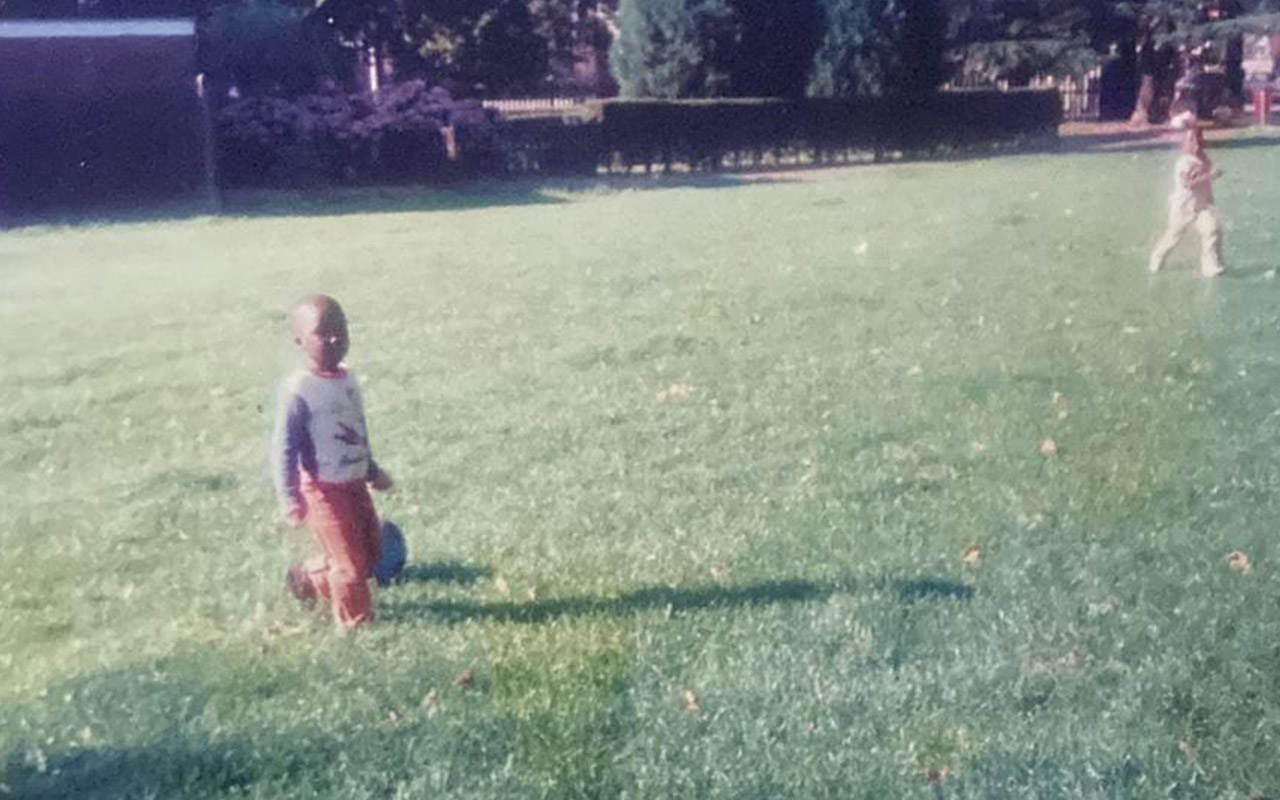
Starting with your childhood, what was life like for you growing up?
"I came to Newham when I was two years old after my family had moved from Uganda.
"All I can remember about my younger years is playing football in West Ham Park. We lived right next to the park and I always had a football at my feet. I would play with my brother and my Dad, and I just wanted to play as much as possible.
"When I was a little older, my Mum and Dad split up and my way of coping with that was with football. I would be out playing in Stratford on something we called ‘the red pitch’. We would usually play Wembley singles, doubles and goal to goal – it was just football, football, football."
When did football really become serious for you?
"Not many people know this story, but I remember writing to West Ham United to ask for a trial. I went to the trial and was judged to not be good enough so that dream only lasted two weeks. I didn't get offered anything from West Ham but shortly after that, I wrote to Colchester and signed there when I was 14. I was at Colchester until I was 19 but moved on when I didn’t get another contract. Then, in that off season, I injured my knee.
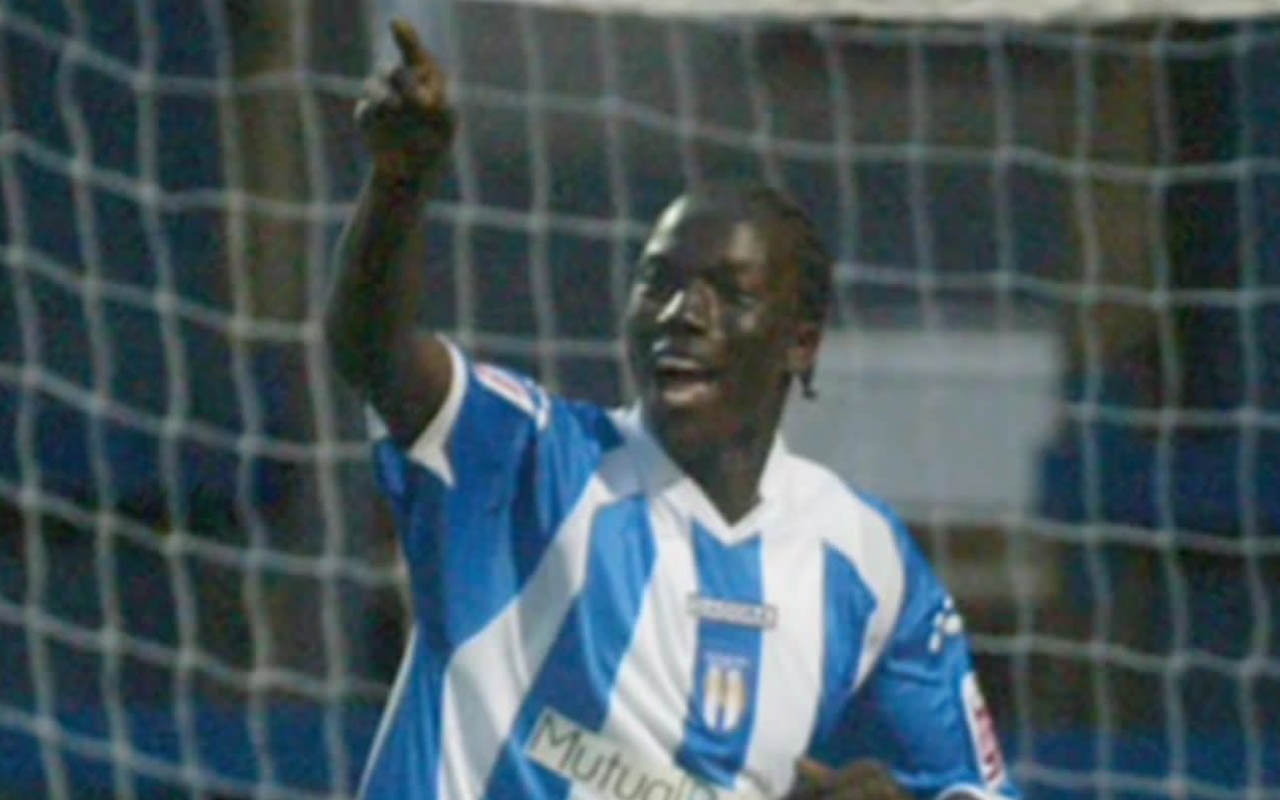
"While I was having these knee problems, my Dad passed away and that was really tough. I found out that I was medically insured through my Dad's company and so the surgery that I needed was done within two weeks. The surgeon told me that I could play professionally but that the long-term effects of the injury would probably not be worth the return to play football.
"At that time, I wasn't thinking about coaching, I was still thinking about getting back playing myself. When I was 21 years old, I started playing for Ilford. I played a bit but quickly realised that the level of coaching that I was getting there was nowhere near what I had been used to - in terms of the detail and the organisation of it. And I guess that was when I started thinking about coaching.
"From then, I formed a coaching company and asked my mates if they could help me. Some of my mates were still playing - some of them still play professionally now and so I helped them to train during the off-season and I got a real taste for it. As I couldn't train myself, my thinking was around how to support others who could. I realised that there were not enough people with the right level of quality in coaching positions, so I started up my own company to fill that gap. For me, it's about adding real value to what the players are doing in training, as opposed to just putting in a session that looks good.
"I was working in different jobs at the time, and I realised that although I was earning money, I was not happy in what I was doing so I made the plunge and said to myself that I was going to coach full-time.
"From there, I volunteered at West Ham. I considered all the experience that I had and I thought, I'm a young coach, I'm still learning and the Women's game is also young in terms of professionalism so why can't I grow with it?"
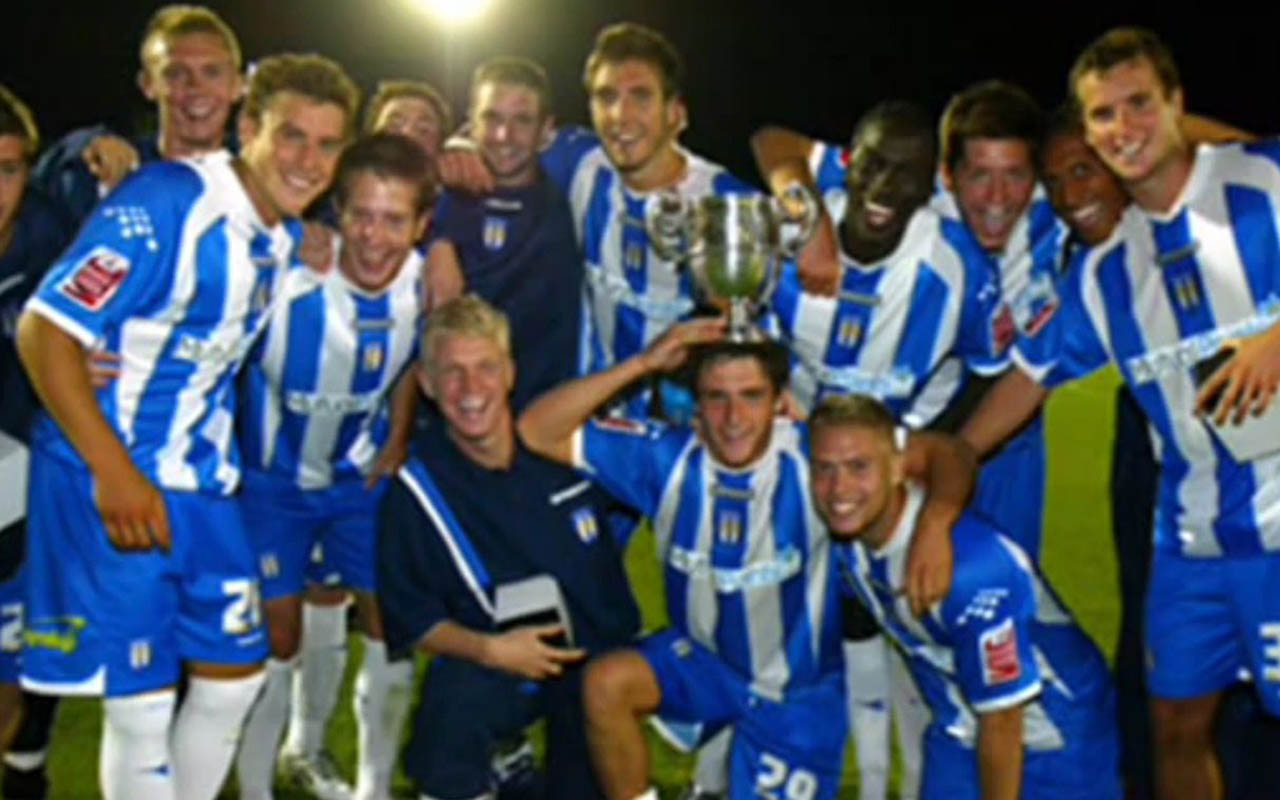
Your career is an interesting one because you got so close to that breakthrough before your injury. Would you say a lot of people can resonate with your experience?
"Yeah, it's hard because I think there are very fine margins get to the top in football. Sometimes there's an opportunity where the first team manager sees that you're needed, or injuries or illnesses allow for you to get into the team and for a young player to break into the senior environment. Other times it's down to managers changing.
"It's tough to be a professional in anything, sometimes it works for you and other times it doesn't. But I also believe there's no such thing as coincidence. So, all of the things that didn't necessarily work out for me have allowed me to go down this coaching path, which is still a very good path to be on."
How did the opportunity to join West Ham United come about?
"I use the word serendipity to describe it. Everything just lined up well for me. For example, the fact that I was fed up working in car sales, the fact that football was calling me so much and that I was doing a few more coaching sessions during in the off season and over Christmas.
"It all made me realise that, actually, this is something I just need to get going on now. My main thought in my mind was would I be happy doing what I am doing now if I were to die tomorrow? The answer was no, and so I took the plunge into coaching at West Ham."
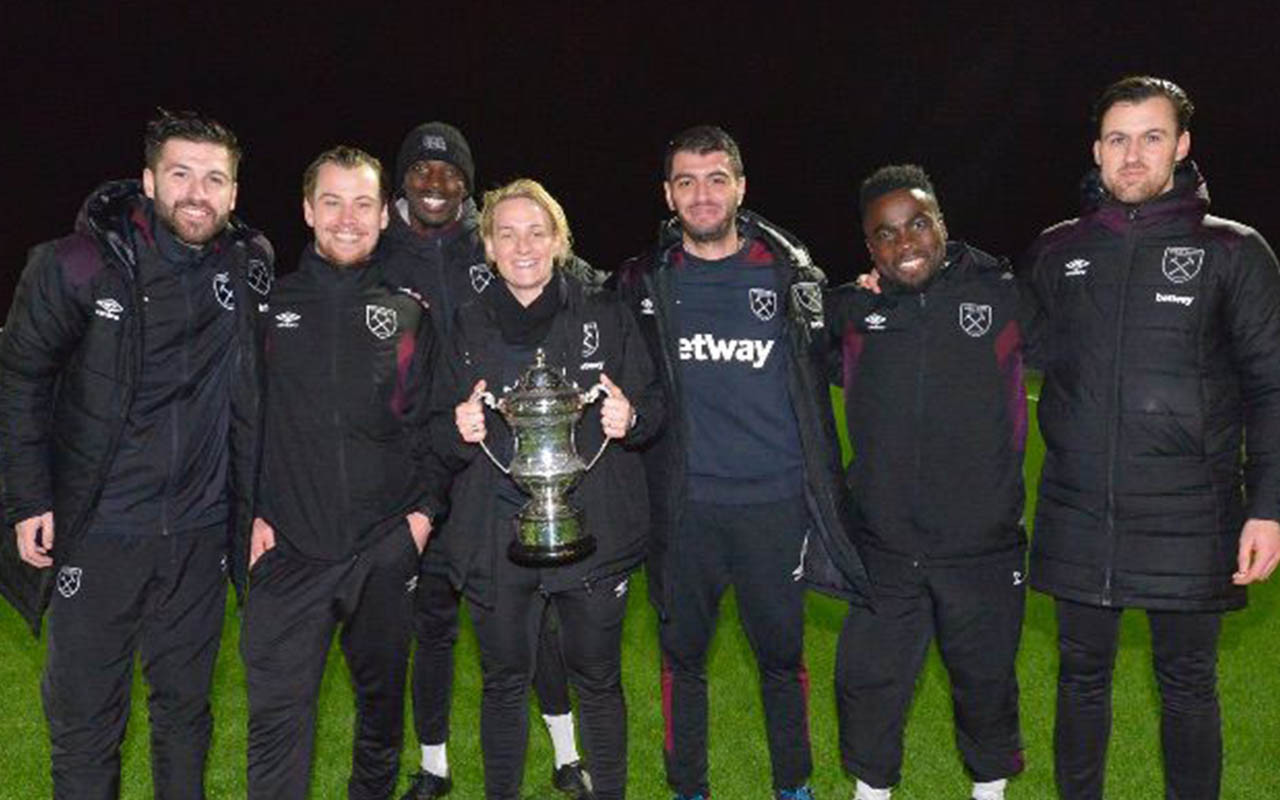
In the five years that you have been here, how much have you enjoyed seeing young players coming through, a lot of them from the borough that you grew up in yourself?
"It really is one of the best feelings. One of the reasons it is so nice is because I can understand and relate to some of the problems that they go through. For example, I can understand how a lot of the girls feel when they have to make their own way to games or to training.
"So, that's why it's important that we put on transport and facilitate as much as we can for them. Even if we're playing a local club, like Arsenal, or Chelsea, we still need to transport the team because their parents may not be available to take them to those games. So I can understand those little nuances and problems that inner-city young people face. It's one of the one biggest drivers for me to stay at the club and help to mitigate those problems as much as I can."
And you're the only Black Academy manager in the WSL Academy League. Is it an aspiration of yours, as someone that comes from that ethnic background to see more coaches in the game that are of different ethnicity?
"My biggest thing is that we need more good coaches in the game and I'm always a believer that quality comes first, and then if we can reflect what society looks like, in terms of the variety of ethnic backgrounds, then perfect. For me, that's what it's about. It's about having the right people for the club as well as diversifying the game.
"For me, it’s about having the right people for the Club as well as diversifying the game. Empathy is such a big thing. My mentor was my coach when I was 14 and he is still my mentor now. He's not from a minority background but he had empathy to understand me, to work with me, to ask questions and to figure out what I needed and what I was going through.
"I use a lot of the strategies that he used with me with the players that I coach today. They’re important because clearly, I'm a male working with females and so I've got to have empathy to be able to understand what they're going through as young females, as well as coming from a variety of backgrounds."
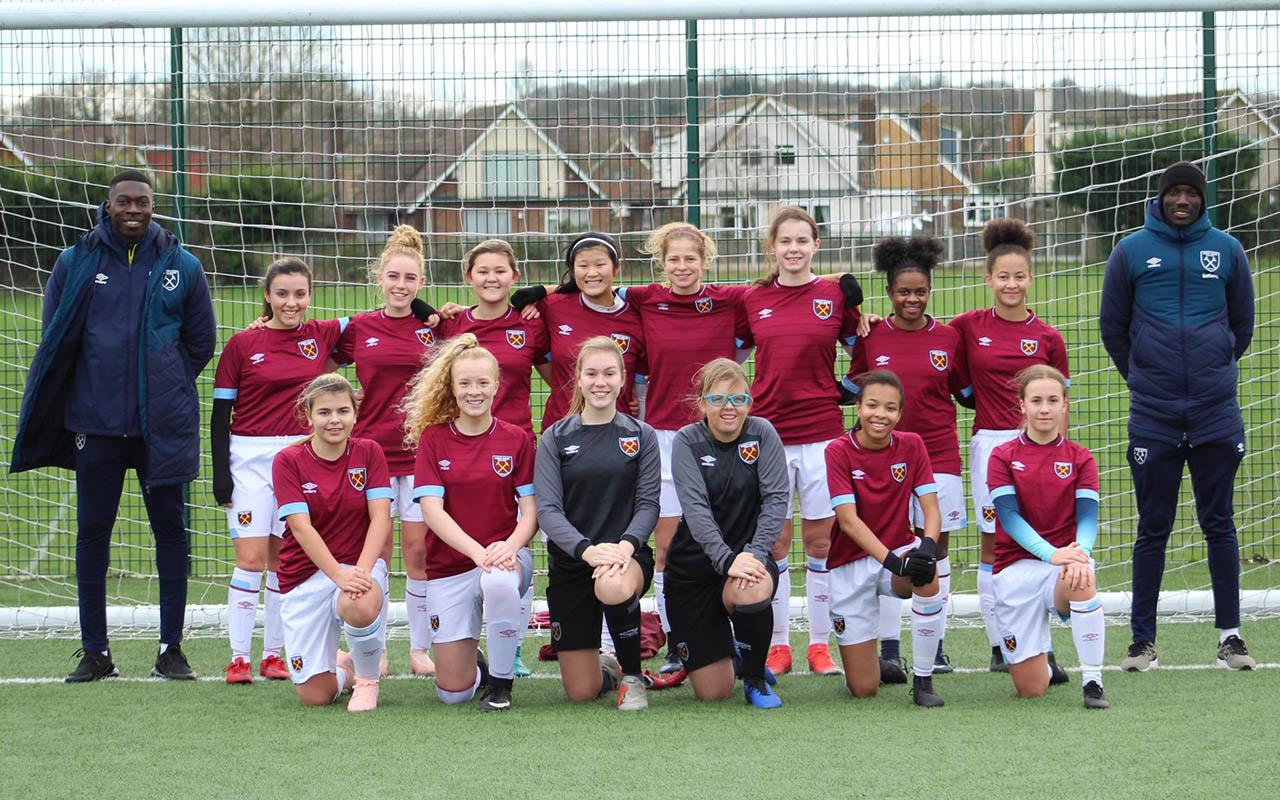
How important do you consider Black History Month to be?
"It's a hard one to answer because it is an important month, and I think we've got so many other important days or months across the year, and things that we need to be aware of because there's so much history that gets missed and it doesn't get shared as much as it should.
"I think that Black History Month brings with it some really important reminders. These reminders include the amazing pioneers of black history. However, we should aspire to be pioneers ourselves and to be good role models every single day.
"I'm a big believer that yes, we should highlight things but let's continue to consider them all year around rather than just for one month every year. If I'm a good role model and a good person for October then I should be a good role model for the whole year, regardless of what month it is."
